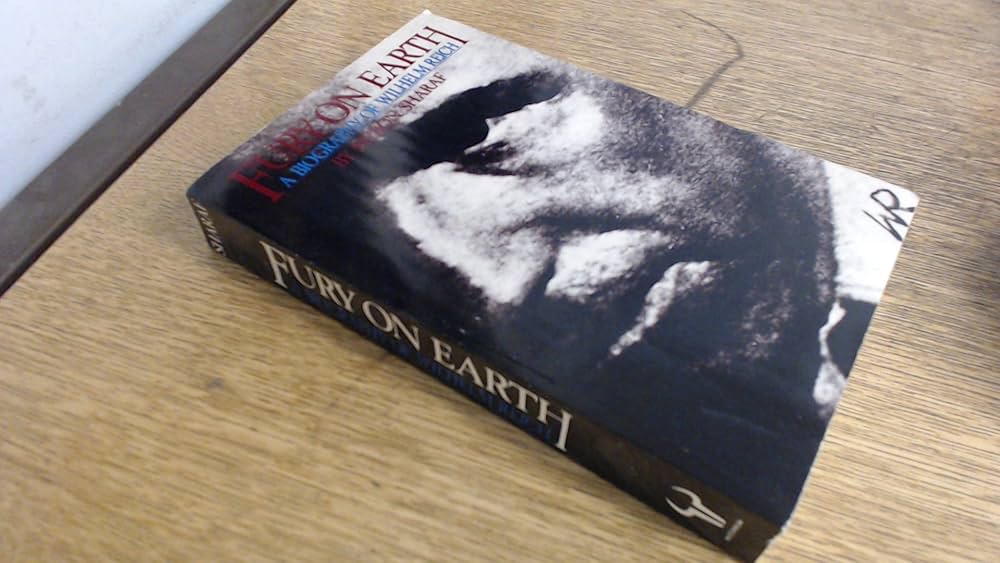The book Sartre: A Philosophical Biography by Thomas R. Flynn offers a thoughtful look at the life and ideas of the French philosopher Jean‑Paul Sartre (1905-1980). Although this summary cannot cover every detail, it highlights Sartre’s childhood, his major philosophical contributions, key themes of his thinking, and why his work still matters today. No heavy jargon – written in easy Indian English, so you can enjoy the ideas without getting lost.
1. Early Life and Background
Sartre was born in Paris on June 21, 1905. His father died when he was very young, and he was raised mainly by his mother and maternal grandfather. He studied at the prestigious École Normale Supérieure in Paris.
These early years were important because Sartre faced feelings of exclusion and questioned what it means to exist. His childhood experience helped shape his later focus on freedom, identity and responsibility.
2. Philosophical Formation
Sartre’s philosophical work started in phenomenology (the study of consciousness and experience) and then moved into what is called existentialism. He was influenced by thinkers such as Edmund Husserl and Martin Heidegger, but he also broke away from them.
One of his best-known statements is that “existence precedes essence” — meaning we first exist, then we define ourselves by our actions.
3. Major Works and Key Ideas
3.1 “Being and Nothingness”
In his 1943 masterwork Being and Nothingness, Sartre explores consciousness, nothingness, freedom and the relation between self and world. He draws a contrast between:
-
Being-in-itself (things that simply are) and
-
Being-for-itself (conscious beings who question and choose).
A key idea is “nothingness” — the idea that consciousness introduces a gap, a freedom, from being as it simply is. Being able to say “I am not that” or “I will do this instead” shows we are not fixed things.
3.2 Bad Faith, Freedom & Responsibility
Sartre says human beings are “condemned to be free” — we didn’t choose to be born, yet now we must choose and define ourselves. He introduced the concept of bad faith (mauvaise foi) — when we deceive ourselves, pretend we have no choice, cling to roles or identities instead of owning our freedom.
Thus, freedom is not easy or effortless. With freedom comes responsibility — not just for ourselves, but, in a sense, for humanity, because our choices model what human being can be.
3.3 Relations with Others & the Look
Sartre explores our relations with others: how being seen by another person can turn us into an object for them, how interactions are shaped by freedom and conflict.
3.4 Later Work: Politics & Marxism
Later in his career, Sartre moved more directly into social and political issues, linking existentialism with Marxism and looking at how freedom and human projects operate in larger society.
4. The Biography’s Approach
Flynn’s biography does more than list events. It tries to trace Sartre’s intellectual growth: how his background, the historical moment (World War II, Nazi occupation of France), his political engagements, his literary works (novels, plays) all connect with his philosophical ideas. According to the Amazon listing, this is “the first book-length study of Sartre as philosopher of the imaginary and the development of his philosophical, literary, aesthetic and political thought.”
The biography therefore helps readers see the man and the thinker: the personal, the philosophical, the political, woven together.
5. Why This Matters (Especially for an Indian Reader)
-
In India, many young people ask: What should I become? What is my purpose? Sartre’s idea that existence comes first and meaning is made by our choices can be very relevant.
-
The idea of freedom and responsibility resonates in a society where roles, caste, religion, family expectations often seem pre-defined. Sartre challenges the idea that we are just what others say we are.
-
In business, technology or entrepreneurship (and you being a web-developer), the idea that one must choose one’s projects and not just accept preset roles may strike a chord.
-
The social justice angle (freedom tied to society, groups, politics) is timely in our world of change.
6. Key Takeaways (In Summary)
-
Sartre lived through turbulent times and his life shaped his thought: war, imprisonment, resistance, political activism.
-
He believed consciousness is free, always projecting toward the future, never simply fixed by the past.
-
Existence precedes essence: human beings are not born with fixed purpose; we make ourselves by choosing.
-
Bad faith is self-deception: refusing one’s freedom by clinging to roles. Authenticity means owning freedom.
-
Relations with others: we cannot fully escape being seen by others, yet we must maintain our freedom.
-
Society, politics and collective freedom matter: individual freedom does not exist in a vacuum.
-
Flynn’s biography places all this in the narrative of Sartre’s life, making the ideas easier to follow in their historical context.
7. Practical Reflection – How You Can Apply It
-
Reflect on your own role: Are you living according to what you feel you must, or according to what you choose?
-
In web-development or any business: recognise you are not just a “developer” or “employee” — you are free to shape your path.
-
In social or family settings: Understand that while you have responsibilities and constraints, you still have the capacity to choose how you act.
-
In everyday decisions: realise that your choices define you. Even small acts of freedom (choosing one project over another) contribute to who you become.
-
Let the biography inspire you: Understanding a thinker in life-context makes philosophy less abstract and more human.
8. Final Thoughts
“Sartre: A Philosophical Biography” is a valuable read for anyone seeking to understand not just what Sartre thought, but how he came to think it. It invites us to take our own freedom seriously, to ask: What am I making of myself? In easy Indian English terms: we are not just what we inherit or what others expect — we are what we choose to be. That message is empowering and challenging.
If you like, I can provide chapter-wise breakdowns of the biography or key quotes from Sartre that the book emphasises.








